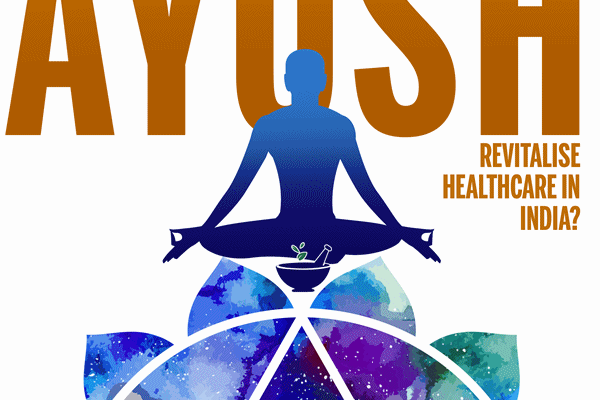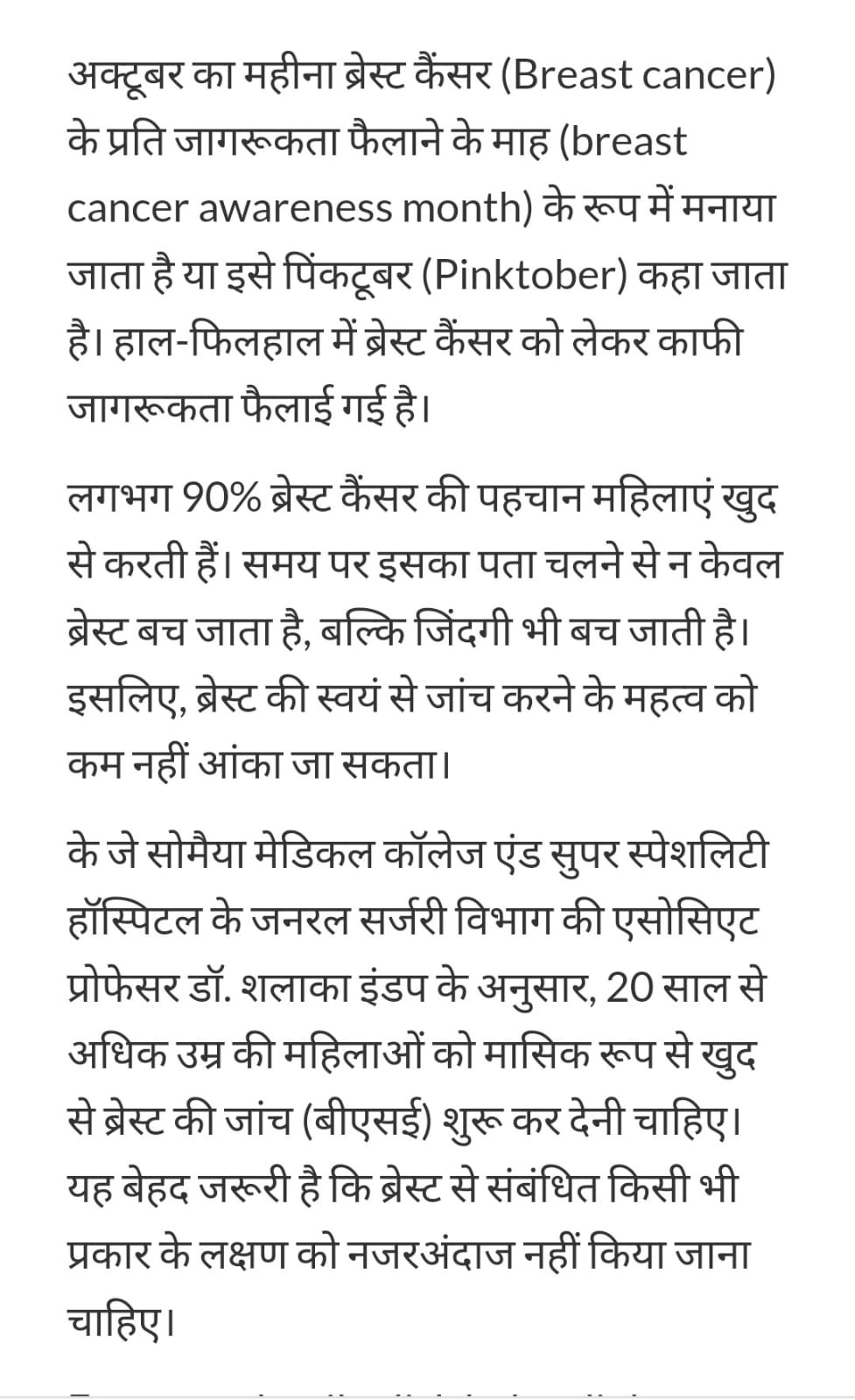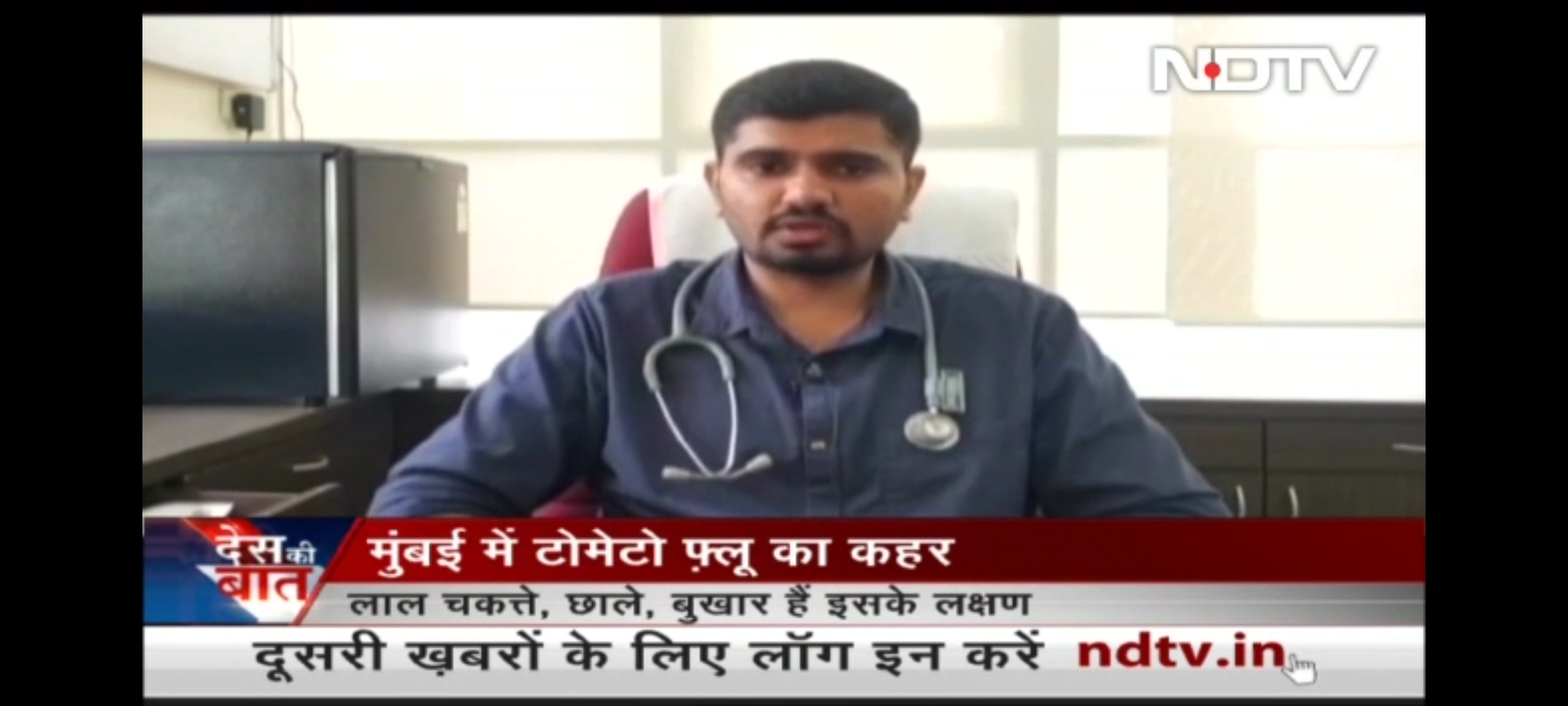8th December 2016
Experts are of the opinion that AYUSH can certainly compliment modern medicine. However, this calls for the establishment of clear roles for AYUSH practitioners as well as making India’s indigenous health systems more evidence-based By Raelene Kambli
Ayurveda, Yoga, Unani, Siddha and Homoeopathy (AYUSH) have long been practised in India. These streams of medicine even form the first line of treatment in case of common ailments in some places. Therefore, it is not surprising that the Ministry of Health & Family Welfare is looking to revitalise and mainstream AYUSH (including manpower and drugs), as a measure to strengthen the public health system in the country. One of the initiatives in this direction is the inclusion of a AYUSH medications in the drug kits of ASHA workers. Reportedly, the additional supply of generic drugs for common ailments at SC/PHC/CHC levels under the mission will also include AYUSH formulations. At the CHC level, two rooms shall be provided for AYUSH practitioners and pharmacists under the Indian Public Health Standards (IPHS) model. At the same time, single doctor PHCs shall be upgraded to two doctor PHCs by inducting AYUSH practitioners at that level. Thus, a lot of steps are being implemented to promote and mainstream AYUSH.
This initiative by the government has stirred a debate within the healthcare industry. While some are in favour of these steps, there are others who question their legality. Those in favour are of the opinion that AYUSH medications can act as a complementary displicine to allopathy and it will help take a holistic approach toward healthcare delivery. It would also help to alleviate the acute human resource crunch within the sector.
“We think the long-term future of healthcare is dependent on integration and each of the therapies are learning from the success and failures of each other. Undoubtedly, Ayurveda offers more advantages in comparison to modern medicines. Even researchers, scientists, healthcare professional’s world over are starting to understand that modern medicine has certain limitations and challenges by design which complete holistic natural therapies like Ayurveda can help sort out. And that is where integration becomes very interesting,” states Madhusudan Chauhan, Director, Jiva Ayurveda.
Tasneem A Fidvi, Senior Manager – Administration, Saifee Hospital adds, “Integrating AYUSH in mainstream care delivery can add value to the existing healthcare system. It can help in shifting from a curative healthcare system to a preventive model. Moreover, disciplines like Ayurveda and Yoga can add to faster recovery of patients suffering from chronic diseases as well. For e.g., we have already integrated AYUSH medicine in areas of diabetes management, gynaecology, orthopaedics, neurology etc. This helps to provide better care to patients and facilitates faster recovery.”
Anika Parashar, COO, Fortis La Femme informs that prestigious healthcare institutions globally now offer holistic support to their patients to complement their clinical treatment as the focus moves more aggressively towards preventative care. She points out that the first steps towards integrating AYUSH would be education and acceptance. She says that unless AYUSH practices are embraced by the mainstream medical fraternity and their benefits are better understood by Indian patients, mandatory inclusion will not serve the purpose. AYUSH practitioners should work closely with clinicians to sustainable synergies. Patients should be given additional consultations with AYUSH practitioners and pharmacists post diagnosis and prognosis from their clinician. She says that in order to successfully mainstream AYUSH, measures such as strengthening infrastructure – building, equipment and dispensaries, has to be taken up on priority across the healthcare industry. However, it all begins with awareness and the appropriate dissemination of information.
As rightly pointed by Parashar, integrating AYUSH with modern healthcare systems calls for strengthening of existing infrastructure and manpower. However, the integration is no cakewalk. Many allopaths seem sceptical about integrating AYUSH because practitioners of ayurveda or homoeopathy differ in their understanding of anatomy, physiology, and disease and its treatment. Lack of scientific validation and credible evidence about the effectiveness and safety of AYUSH therapies is another deterrent. Therefore there is a need for more research in this area.
Chauhan, says, “There should be an understanding into each other’s sciences at both the ends, otherwise it would be very difficult to integrate.” He recommends that there should be an understanding of the scientific basis of all alternative streams of medicine and these scientific evidences should be properly documented.
Dr Lipsa Shah, Ayurvedic Consultant, Saifee Hospital, adds, “Clear role setting is a must, especially when it comes to cross-referrals between allopathy and AYUSH practitioners. Moreover, AYUSH centres need to be encouraged to go in for NABH accreditation to ensure quality services. This will help to create trust among patients as well.”
Similarly, Samir Somaiya, Trustee KJ Somaiya Hospital opines, “The healthcare industry will surely integrate AYUSH practice in mainstream healthcare, but there needs to be more scientific research done in this area. Scientific evidence is key to such integration and can become more effective in building a better healthcare system where both disciplines can compliment each other.”
Thus, the future of healthcare lies in effective collaboration between allopathy and the AYUSH sector. However, establishing clear roles for AYUSH practitioners as well for protocols for interactions and referrals is pivotal to the success of this collaboration. Moreover, it is also important to regulate the sector and make AYUSH more evidence-based.
Express Healthcare presents various insight ful articles by experts that present various aspects of AYUSH that can be integrated into mainstream.










